Learning to freedive is an exciting time for many students. Part of the process of embarking on a new sport is working through the different training programme providers, course schedules, locations and instructors. With Freediving course provider Go Freediving, you will follow the freediving course structure developed by RAID.
RAID is a dedicated, e-learning, recreational rebreather and open circuit training programme covering a range of educational courses from Level 1 to Instructor and beyond. Go Freediving has been teaching this training programme for a number of years, teaching hundreds of students how to freedive safely in small groups to ensure the best possible experience for their students.
Here are just some of the advantages of becoming certified via RAID:
It sits on the council for the RSTC
It is one of the few diving organisations that has ISO certification
RAID is business run rather than volunteer run (eg AIDA), so has a genuine interest in developing and investing in its service delivery model
RAID is internationally recognised and accepted and due to the experience and knowledge of the teaching and materials.
I have taught most versions of freediving (AIDA, RAID, SSI) and found RAID offered the most comprehensive support and service for its students.
It without doubt has the highest safety requirements
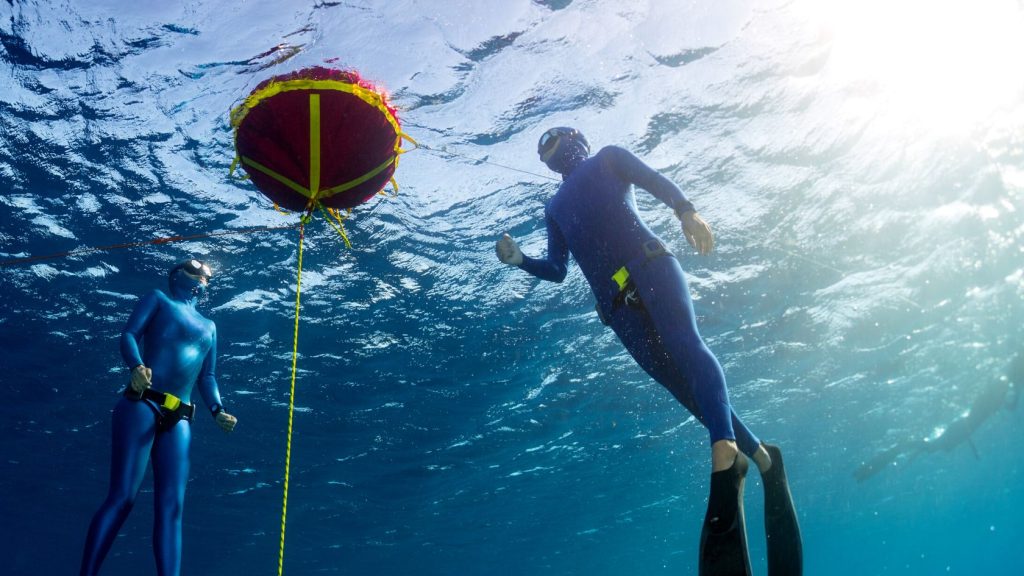
Students who attend these courses can come from a number of avenues. Here are just a few reasons people start learning to freedive:
- They may have attended one of the Try Freediving taster courses that Go Freediving offer and have unleashed a passion to go further.
- They may be a scuba diver who wants to improve not only their diving techniques, but also reduce the amount of gas they are using.
- They may be a keen swimmer and snorkeler and simply want to ensure they are doing it safely while maximising the time they can spend exploring underwater.
- They may be a keen athlete looking at ways to increase their stamina and performance
- They may be a professional looking to add freediving to their resume (we’ve had stunt workers, underwater cinematographers, underwater photographers, cave rescue divers, diving trainers and more) taking these courses
- They may already be a freediver, but want to crossover to the RAID training programme for certification
- They may be a person struggling with issues of stress, anxiety, fear of water and are exploring new ways to manage their fears or conditions.
- They may be a water lover who has just been bought THE BEST GIFT EVER!
- They may be planning a once in a life time trip and do not miss opportunities to explore the oceans they visit.
- They may be a spearfisher looking to improve their techniques and skills so that they are spearfishing as safely as possible
- They may be a keen surfer, looking for ways to manage their breathing and safety in big waves
- They may simply be someone looking for a new challenge
This list is by no means exhaustive, but typically reflects the different reasons people start learning to freedive.
So, once you’ve started learning to freedive, what are the different levels of certification?
Learning to Freedive: RAID Freediver Course
The RAID Freediver Course is the most popular place student begin when they start to learn to freedive. The course lasts 2 days and runs typically over one weekend – which is massively appealing for students who need to travel to the venue and fold in a holiday or mini-break. The course combines a mixture of online learning, classroom learning, confined water skills in the pool and open water skills at our designated dive venue – Vobster Quay. The online theory is completed before students attend the course, meaning almost all of the course is spent learning and perfecting your freediving techniques. The course, once successfully completed, leads to an internationally recognised certification in freediving.
Learning to Freedive: RAID Advanced Freediver Course
The RAID Advanced Freediver Course is the next step many freedivers take when they learn to freedive. Students who undertake this course will have already completed the RAID Freediver Course or will be students crossing over from a different freediving learning package.
The RAID Advanced Freediver Course is held over three days (but actually consists of an evening pool session on the first day and then two full days over the course of one weekend). The structure of the RAID Advanced Freediver Course is very similar to the RAID Freediver Course with modules consisting of online learning, classroom sessions, confined water skills and open water skills. The emphasis on this course is increased competencies, greater depth-dives, breath hold and techniques. The course, once successfully completed, leads to an internationally recognised certification in advanced freediving
Learning to Freedive: RAID Master Freediver Course
For those wishing to excel when they learn to freedive, the RAID Master Freediver Course is goal many will work towards. This course is held over three days, following the structure of the RAID Advanced Freediver Course with further skills and increased competencies applied. Completion of this course leads to an internationally recognised certification as a master freediver.
The completion of these three freediving levels lead keen, safely qualified, master freedivers to enjoy and apply their freediving skills to personal enjoyment, competitions or teaching/training – with many more options and courses available.
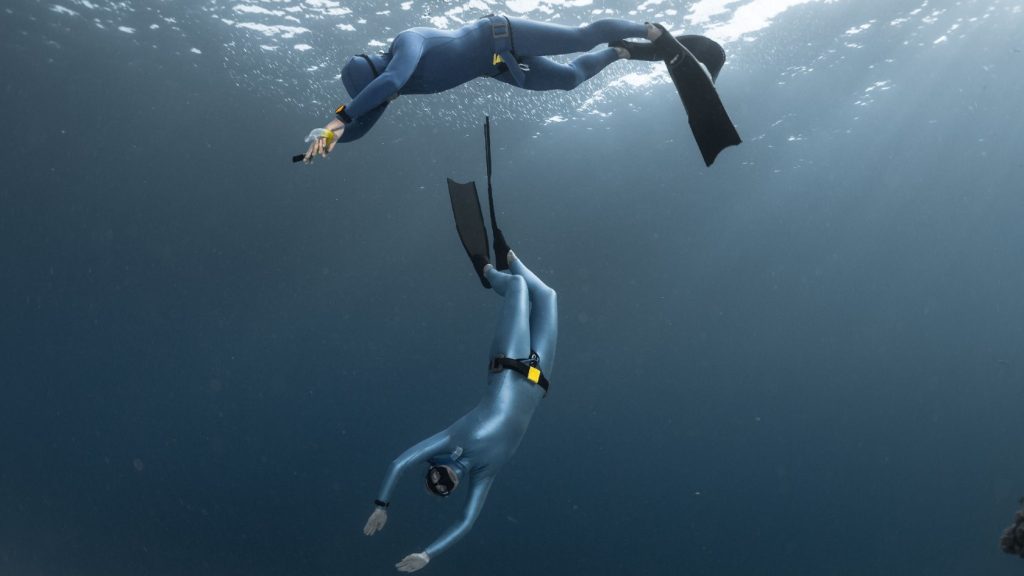
What are the prerequisites for undertaking a RAID Freediving Course?
In order to do one of the above courses, the following applies:
- You must be able to swim unaided
- You must complete a medical questionnaire (and if applicable be signed as fit by a doctor)
- You must be over the age of 12
- You must be willing to sign a liability disclaimer
Will I feel under pressure?
Freediving is remarkably relaxing. For a sport where there is minimal equipment – and you hold your breath for longer than normal, many people assume the course will be physically demanding. It is indeed more demanding for some than expected, but the demand is not from the physical act of diving. Because of this our instructors work very hard to ensure all progress is at the speed and intensity the individual is comfortable with. Learning to freedive certainly isn’t a race – as one student put it ‘ it is all about the journey’. We couldn’t have put it better ourselves.
How often do you run courses?
For those interested in learning to freedive, finding a course to fit in with busy schedules can be challenging. Our courses run every month – with on average a minimum of one course a month – more through the warmer season, of course!
For example, this weekend we were delighted to run a RAID Freediver Course AND a RAID Advanced Freediver Course for a two small groups of students. This doesn’t happen very often as it depends on instructor availability, particularly as the courses are run completely independent of each other – we do not merge different courses together. However, during breaks it is a wonderful opportunity for club members (Vobster is our designated location for club diving too!), new students and older students to discuss freediving techniques, kit – and even they unusually warm British weather! But don’t take our word for it, read what the students thought below!
Go Freediving is the longest established, most experienced and friendliest freediving course provider in the UK, led by world class freediving instructor trainer Emma Farrell, and her team of personally trained instructors. No other course provider has such a good instructor to student ratio, safety record and personal touch.
Whether you’re a beginner dipping your toes into the world of freediving, a seasoned pro looking to turn professional, or simply a freediver of any level who wants the best freediving holiday in the world, we’re here for you!
Also check out our online guide, The Beginners Guide to Freediving by clicking here!
Want more from Go Freediving?
Scroll to the bottom of our webpage where you can sign up to our newsletter, find the dates for all upcoming trips and courses, read even more blogs, or connect with us on social media!
See you in the water!
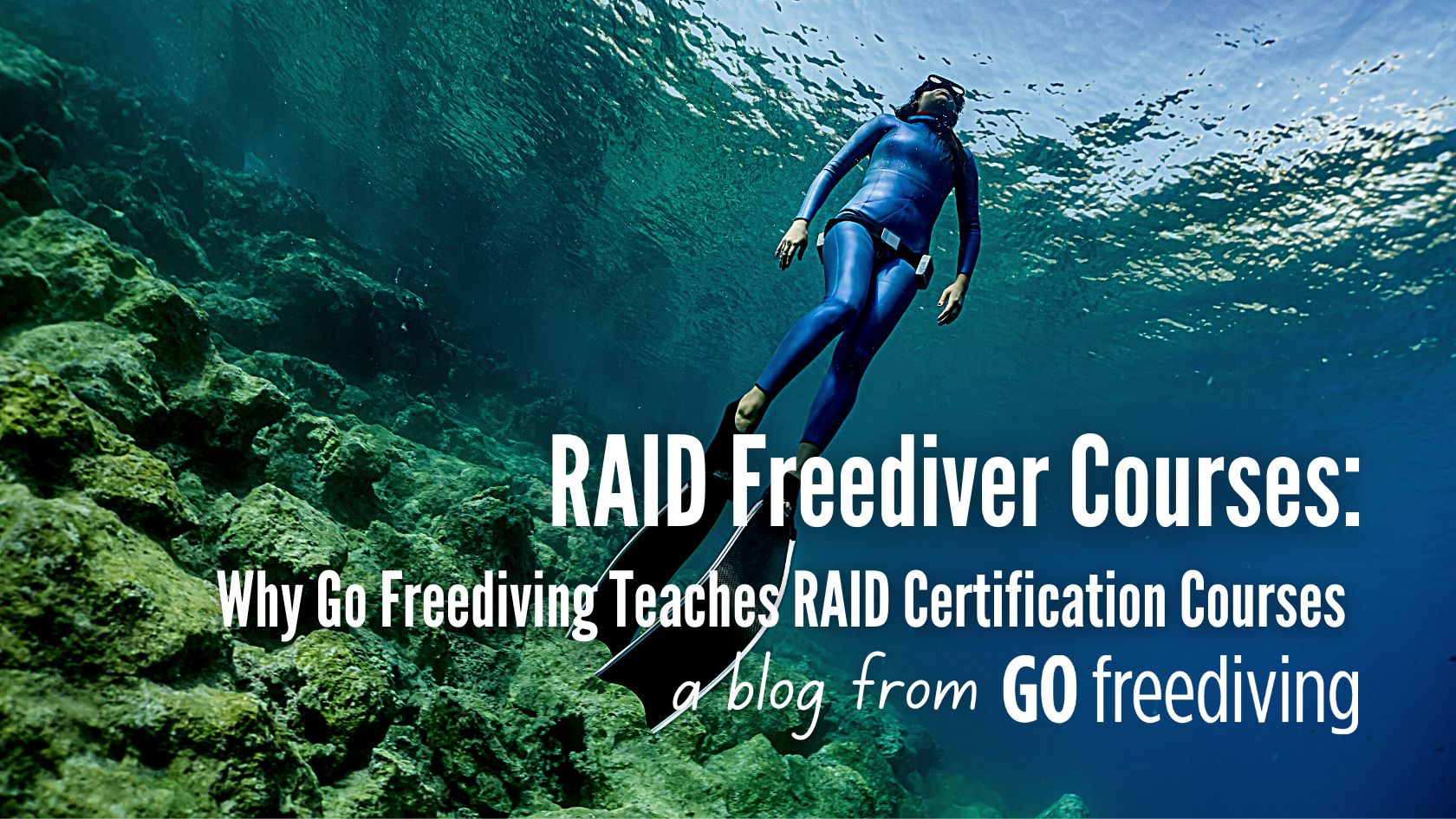
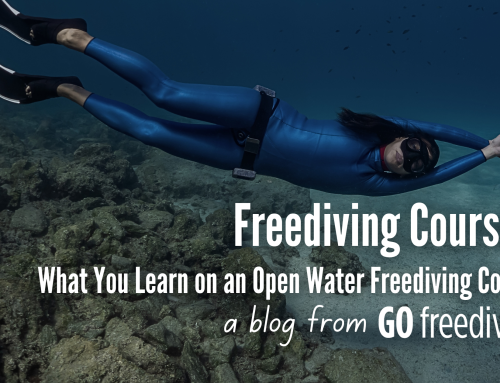
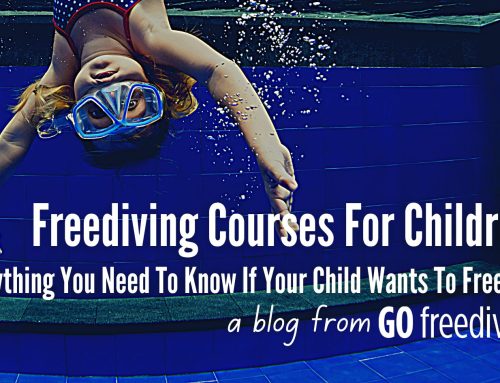
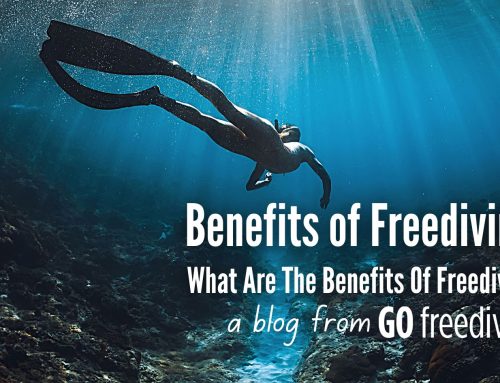
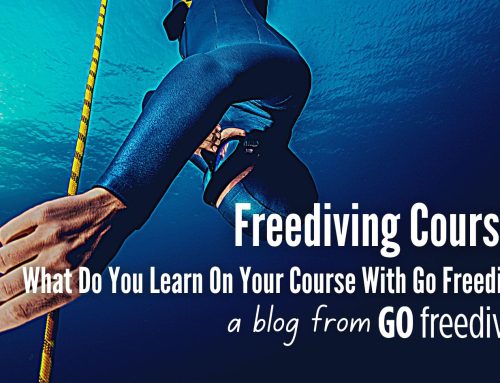
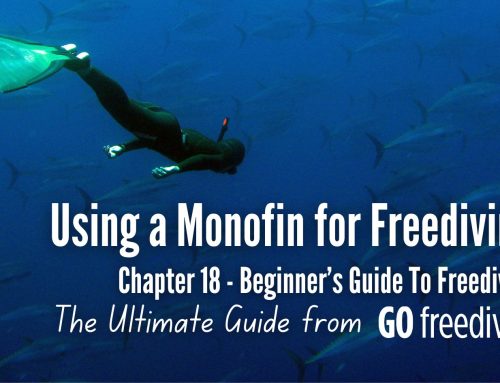
Leave A Comment